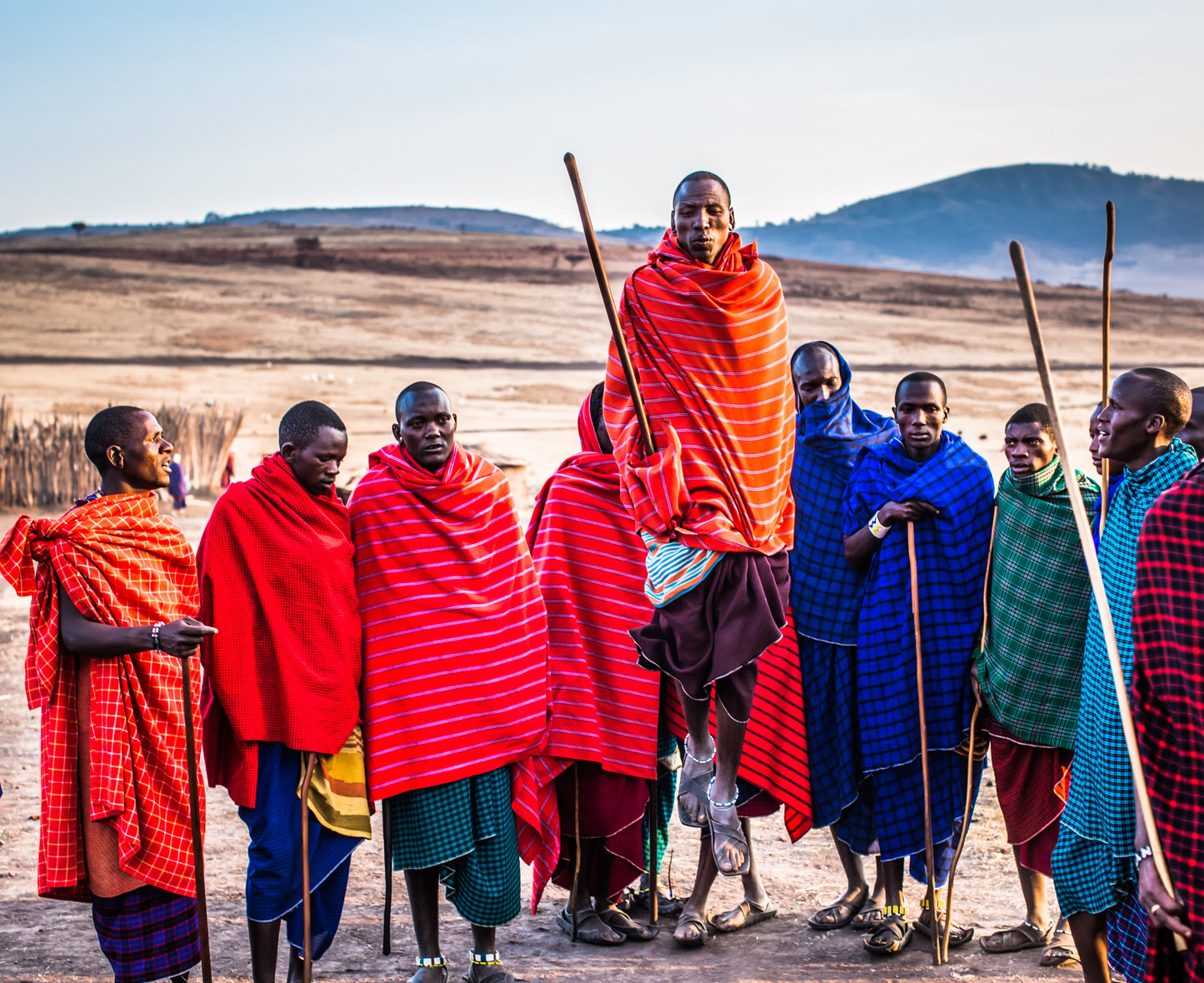
African rhinos are on the verge on extinction due to illegal poaching. Rhino horn in traditional Asian medicine is believed to cure everything from impotency and cancer to hangovers. A horn can be worth as much as $60,000 a kilo ($27,000 per pound) on the black market. Large rhino horns weigh between 6-7 kg (15 pounds). The craziest part? Unlike elephants’ ivory tusks, rhino horn is made out of keratin, the same fibrous proteins found in our nails and skin. It is scientifically proven to have no health benefits or medicinal properties for humans.
American Rhino raises money for their foundation and sales of their apparel support conservation groups in East Africa. Recently, on a small group trip to Kenya, the team discovered that rhino rangers in the Masai Mara who are in charge of protecting rhinos in that area, are doing so with limited resources.
Rhino poachers are highly motivated and use high caliber weapons and sophisticated technology. Therefore, in order to successfully protect these animals, lots of well trained rangers who are well equipped and trustworthy are required. Not to mention, brave.
“How can we expect them to guard and protect these creatures when they are in flip flops and have barely any protection themselves?” Welles says. Now, the company is putting funds and efforts towards outfitting the rangers with better equipment. It is estimated that it costs around $5,000 to properly outfit and train each ranger. “We are providing funding for boots, uniforms, and even tech equipment to more efficiently outfit the rangers.” If the rangers are better equipped and have the tools to protect these glorious beasts, the outcome will be better for everyone. Except the poachers, of course.
Samson Lenjir, the Chief Park Warden of the Masai Mara, is thrilled about the funding and donations. “I’m so happy to be able to work with American Rhino. We are lucky to have such compassionate friends in the US,” he says. It’s difficult to find funding and it’s difficult to find rangers willing to do the job for such little pay. “We really want to support the folks who are risking their lives for rhinos,” Welles said. It’s important for the rangers to have high morale in order to protect the wildlife putting their lives at risk. Richard Leakey, Chairman of Kenyan Wildlife Service says, “In the area of species protection, we should concern ourselves with what is right as opposed to what might be easier, or popular in the short term.”
American Rhino was inspired by other programs such as, For Rangers and The Virunga National Park programs. “We are striving for the same success as these groups,” Welles says. “It means everything to our rangers to know that they have friends around the world that recognize and support their efforts,” according to Emmanuel De Merode, Chief Warden of Virunga National Park.
The company, now based in Wakefield, MA, is only a few months old. “We are growing and living our mission. This is an exciting time to be contributing to conservation efforts,” Welles says, “and with this initiative, we are sure to make an impact.”






